Is the Maine Coon cat inbred?
 |
| How long will this Maine Coon kitten live? More than 11 years? Image: MikeB from images in the public domain. |
The question whether the Maine Coon cat is inbred is very important. I have just written a couple of articles, one about inbreeding depression and how it's caused and its effect on health, and the other an article about the lifespan of domestic cats comparing purebred cats with non-purebred cats. These are important and both affect the Maine Coon. Please click on the links to read them:
- Inbreeding depression cause and effect
- Lifespans of some purebred and random-bred domestic cats UK (some startling stats)
When I did that research I came across a study and presentation, the results of which you can see by clicking on the second link above, which came to the conclusion that the average lifespan of the Maine Coon cat is 11-years-of-age. I found that statistic shocking.
The Abyssinian's average age is 10 years while the Bengal cat is 7.3 years according to this study. Perhaps there's something wrong with the study but it did cover over 4,000 cats attending veterinary clinics in the UK.
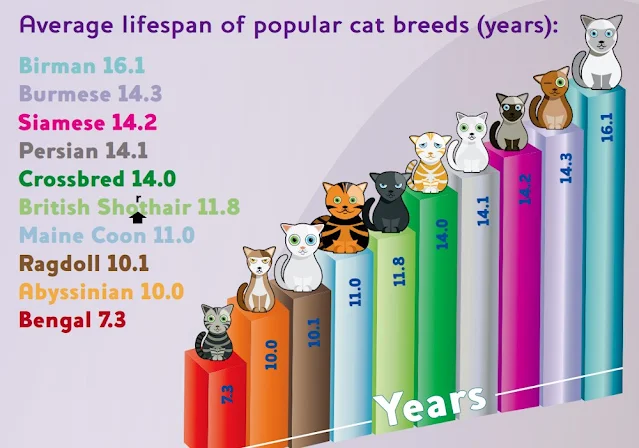 |
| As I understand it, the study was funded and promoted by the Royal Veterinary Collage, MediVet, VetCompass and the RSPCA. |
That's the first worrying point. The second is that we know that the Maine Coon cat suffers from a variety of inherited health conditions passed down through their defective genetics sometimes because of inbreeding or selective breeding.
HCM
One of these diseases is the heart disease hypertrophic cardiomyopathy (HCM). This disease shortens lives. It can start very young even within the first years of life. About 30 per cent of MCs get it and there is more than one genetic mutation that causes it.
We are talking about kittens because the Maine Coon cat is said to take about four years to become an adult!
I have a page on HCM in Maine Coon cats. In fact I have more than one page but it might be worth reading about it by clicking on this link.
As it happens, the main gene that causes HCM is autosomal dominant and therefore this disease has not been produced because of inbreeding but selective breeding has maintained its presence in breeding lines when it should have been eliminated years ago. But as mentioned there is more than one gene that causes this disease and the other may be recessive.
SMA
Another inherited disease of the Maine Coon cat is spinal muscular atrophy (SMA). This is caused by a autosomal recessive gene. This gene has become effective due to inbreeding and SMA can shorten lives. I don't know how common it is.
I can't find, at the moment, any direct study about SMA shortening the lifespan of Maine Coon cats. But it is a well-known fact that SMA shortens the lifespan of humans quite substantially. In fact in humans, the leading genetic cause of infant mortality is spinal muscular atrophy.
I would suggest, therefore, that inbreeding which results in the presence of SMA in Maine Coons shortens their lives and it may be the cause, combined with HCM, of the surprising, perhaps shocking, average lifespan of 11 years the Maine Coon cat as assessed.
I know that there are many Maine Coon cats living well beyond 11 years. You see them all the time on the Internet. However, that doesn't mean that the average lifespan of MCs is as long as that of non-purebred cats, for example.
All purebred cats are inbred
In any case, in answering the question in the title, we have to say that all purebred cats are inbred in order to fix the appearance traits that the breed standard demands. This is part of purebred breeding and we know that there is a constant danger of inbreeding depression in purebred cats which has to be tackled and often is not at least satisfactorily.
So in a general sense, we can say that Maine Coon cats are inbred and in some individuals it will cause inbreeding depression I suspect. And in those individuals their lifespan may be shortened.
Hip dysplasia
We also know that hip dysplasia is inherited by the Maine Coon. I would argue that indirectly this joint condition will shorten lives because it makes the cat less active and from that there will be negative spin-offs. Patellar luxation is another that makes the MC less active.
The gene that causes hip dysplasia is a dominant gene and therefore it's effect has not been manifested through inbreeding but simply through selective breeding. But selective breeding itself maintains these kinds of inherited diseases.



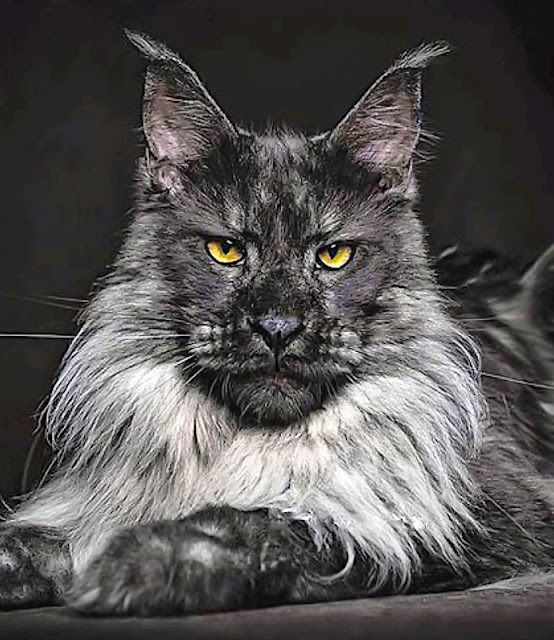


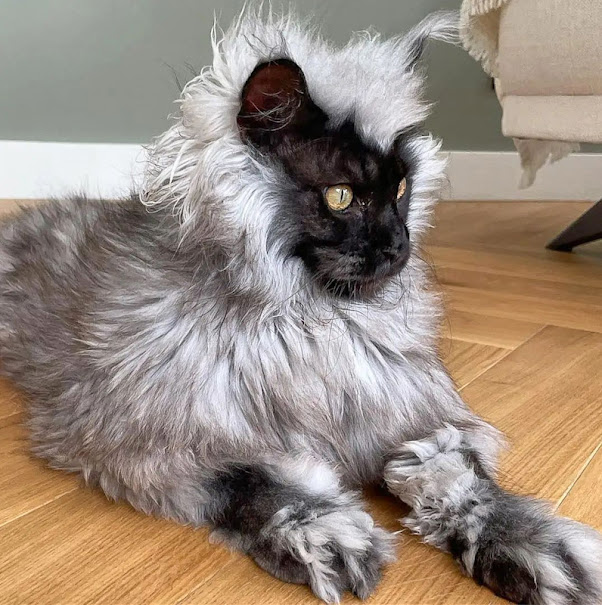

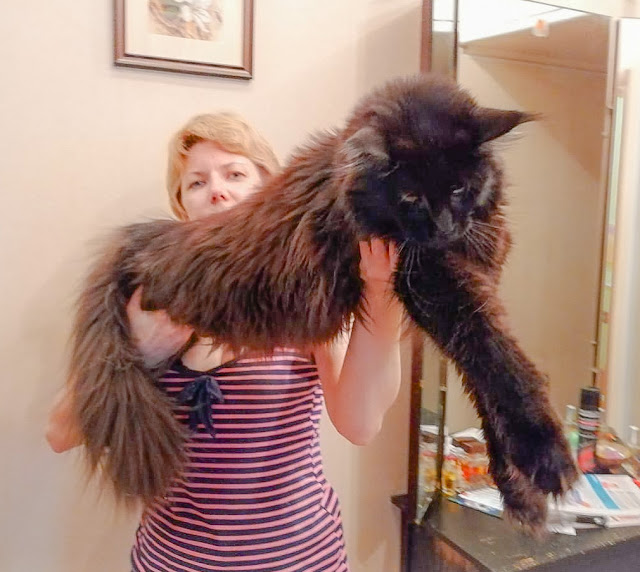
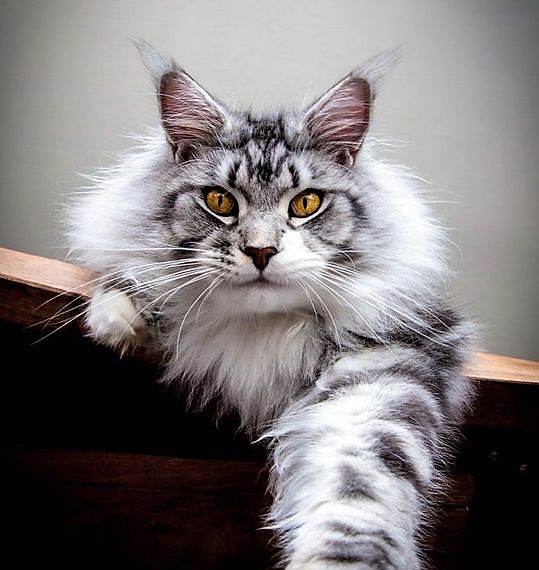
Comments
Post a Comment
Please share your Maine Coon experiences.